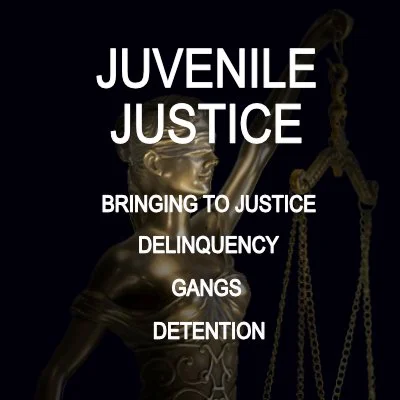Patterns of Mental Health Service Contacts for Young People Deemed Eligible for Court Diversion
By Carey Marr, Sara Singh, Claire Gaskin, John Kasinathan, Trisha Lloyd & Kimberlie Dean
Past research suggests that diverting young people away from the criminal justice system and into mental health services can reduce subsequent reoffending, but the impact of such programs on the rates of timely mental health service contact are largely unknown. In this study, we examined a sample of 523 young people who were deemed eligible for mental health diversion between 2008 and 2015. Around half (47%) of these young people were granted diversion by a Magistrate. Overall, the levels of timely mental health service contact after court finalization, even for those who were granted diversion, appeared low given that the purpose of diversion is to facilitate such contact for all those diverted. Specifically, only 22% of those who were granted community-based diversion and 62% of individuals granted inpatient-based diversion had mental health service contact within 7 days of court finalization. Rates of health contact were much lower for those who were not granted either type of diversion (8% and 23%, respectively). Diversion was associated with a significant reduction in reoffending rates, but the impact of early mental health service contact was less clear. There is a need to understand the reasons why many young people are not accessing appropriate mental health services following diversion in order to improve outcomes and fully realize the intended benefits of mental health court diversion.
INTERNATIONAL JOURNAL OF FORENSIC MENTAL HEALTH, 2024, VOL. 23, NO. 3, 204–216https://doi.org/10.1080/14999013.2023.2276961


